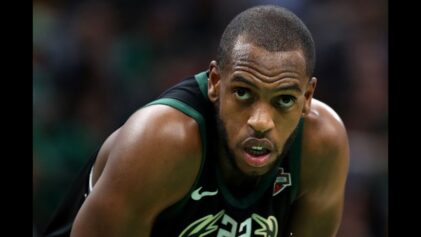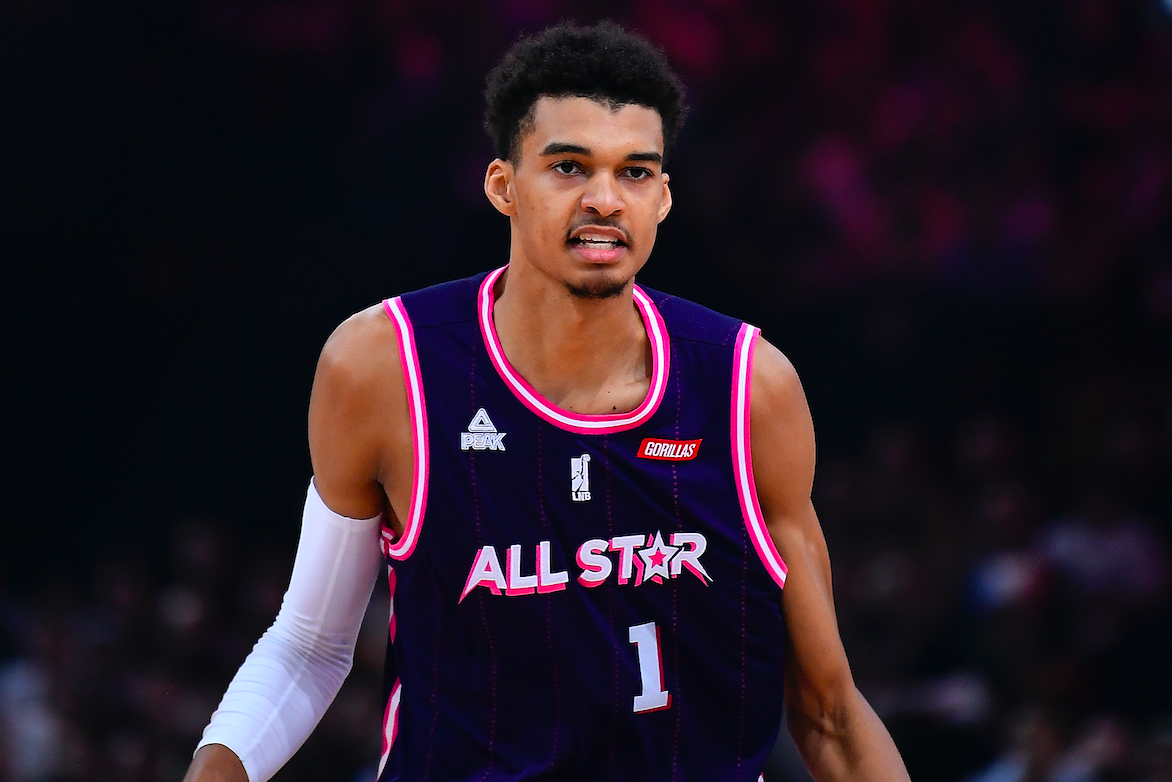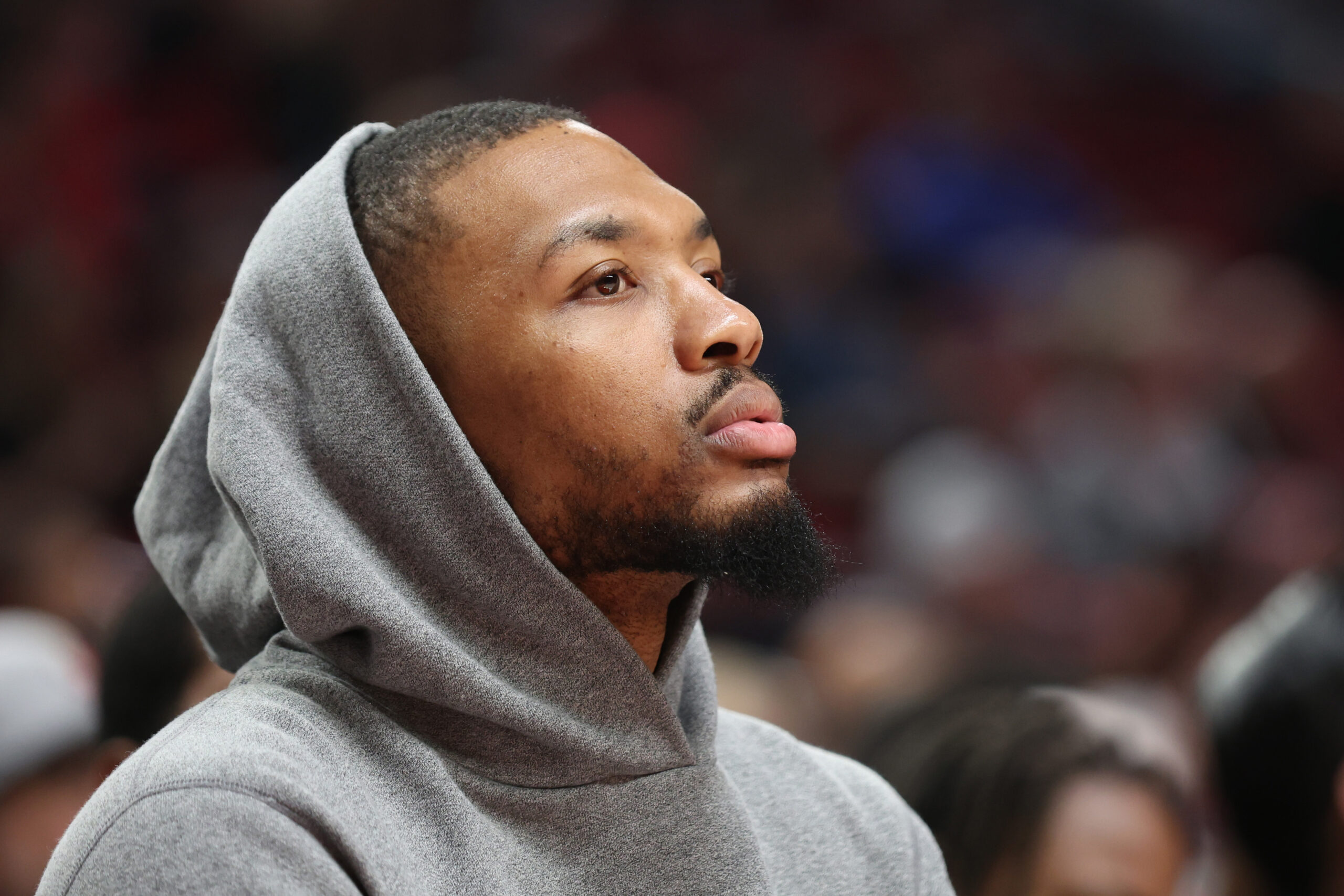The year 2020 has been the most turbulent, chaotic, transformative, and tragic year in recent history. We witnessed the catastrophic surge of the COVID-19 pandemic, the resurgence of racial and civil unrest. Not to mention a political sideshow.
While sports were supposed to be a distraction from the calamity of this year, they also served as an extremely visible platform to keep uncomfortable conversations going. In the midst of calamity, the athletes were out here, about the action and using their influence to spark change.
Milwaukee Bucks Players
The Milwaukee Bucks’ aspirations for a championship were thwarted by the Miami Heat in the 2020 NBA Bubble playoffs. However, the team’s impact in and out of the bubble during the NBA restart this summer can’t be denied. They were, in large part, catalysts for a social justice movement, that collectively shut down sports to demand that Black Lives be heard.

On August 23, 2020, 29-year-old Jacob Blake was shot and seriously injured by Rusten Sheskey, a Kenosha, WI police officer. Sheskey shot seven times at Blake’s back when Blake opened the driver’s door to his SUV and leaned in. In the days following the shooting, unrest during rallies and marches ensued.
Three days after the incident, the Bucks boycotted their first-round game against the Orlando Magic. The team decided not to come out of their locker room minutes before tip-off. Later that day, the NBA and the National Basketball Players Association (NBPA) postponed all of the games scheduled.
After the NBA postponed play, MLB followed suit postponing three games. The first MLB team that boycotted was fittingly the Milwaukee Brewers. In addition to MLB, the NHL followed suit as well.
READ MORE: NBA’s First Step Leads To Domino Effect Of Protests, Postponements & Moments In Sports
After a tense meeting with the NBPA and other teams in the bubble, play resumed after a day. Some believed that the gesture was pointless since the boycott only lasted a day. On the other hand, that gesture did enough to flex their leveraged influence.
It did enough to keep the conversation about injustice and systemic racism going. It did enough to remind fans and team owners/governors alike of their power.
READ MORE: LeBron James Praises New Social Justice Initiatives As Lakers Advance In NBA Playoffs
On the surface, the boycott was about the Blake incident. However, it could also have been a result of an accumulation of the injustices that were witnessed before the incident or even experienced by players themselves.
In June, George Hill, who now plays for Oklahoma City, was joined by Myles Turner, Tamika Catchings, and Indianapolis Colts linebacker Anthony Walker, Jr in a video conference panel where he opened up about his thoughts on racism and racial injustice.
“If I didn’t have that talked, I possibly would’ve been that George Floyd,” Hill said. “I possibly would’ve been all my family members that got gunned down in the streets in Indianapolis.“ So yes, this for me, it impacts me even more because I’ve seen the killing going on, and I’ve seen the police brutality. I’ve seen that my cousin is laying in the street for an hour and a half before another police officer gets there. I’ve seen that. So I got emotional because it really hurts. I’ve got interracial kids, and I’m scared just for my whole life”
In the midst of the protests, the Bucks also presented Wisconsin lawmakers with a list of demands, citing disappointment in the state’s legislature inaction on policing reform bills.
The Milwaukee Bucks… pic.twitter.com/6r4nvQLkvw
— Chris Haynes (@ChrisBHaynes) August 26, 2020
The Milwaukee Bucks’ player leadership stepped up at a crucial moment and it wasn’t the first time these players used their platforms to make pleas for changes in the city’s race relations and the PD’s treatment of Black people.
Joining a slew of pro athletes to join protests after George Floyd’s death, six Milwaukee Bucks players participated in a Milwaukee social-justice march in June.
Among those in attendance was two-time NBA MVP Giannis Antetokounmpo, and players wore shirts that said: “I can’t breathe.”

“This is our city, man,” Antetokounmpo told the marchers, adding, “We want change. We want justice.”
As early as 2017, former Bucks player Jabari Parker spoke at an anti-racism rally in Salt Lake City. The rally was held in opposition to the white supremacy rally in Charlottesville, Virginia. Parker regularly spoke up on issues of race, joining a growing group of young NBA and WNBA players who began dedicating their platform to social issues.
READ MORE: Karl Anthony Towns Speaks Truth on Charlottesville, America and More
In 2018, the Sterling Brown tasing brought police brutality to the NBA’s front steps.
Bucks Organization Statement On Sterling Brown: https://t.co/W8prv5B4II
— Milwaukee Bucks (@Bucks) May 23, 2018
The players of the Bucks have consistently displayed bravery and dedication to eliminating systemic racism and contributing to an improved America and they took no breaks in 2020.



